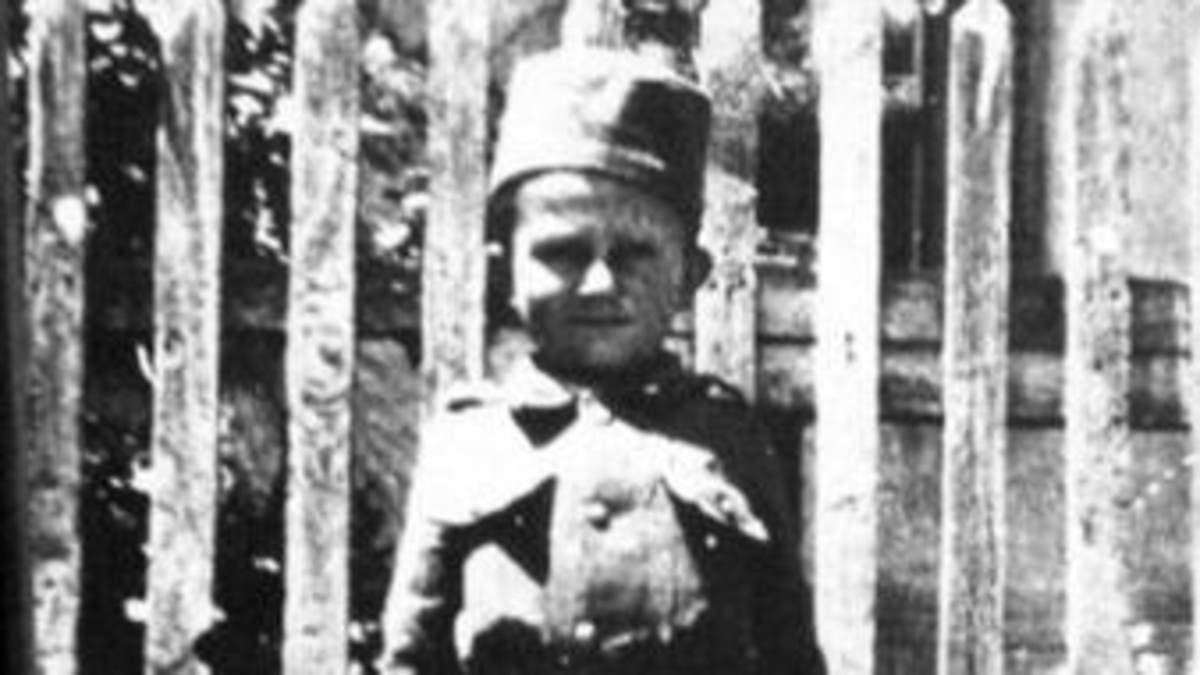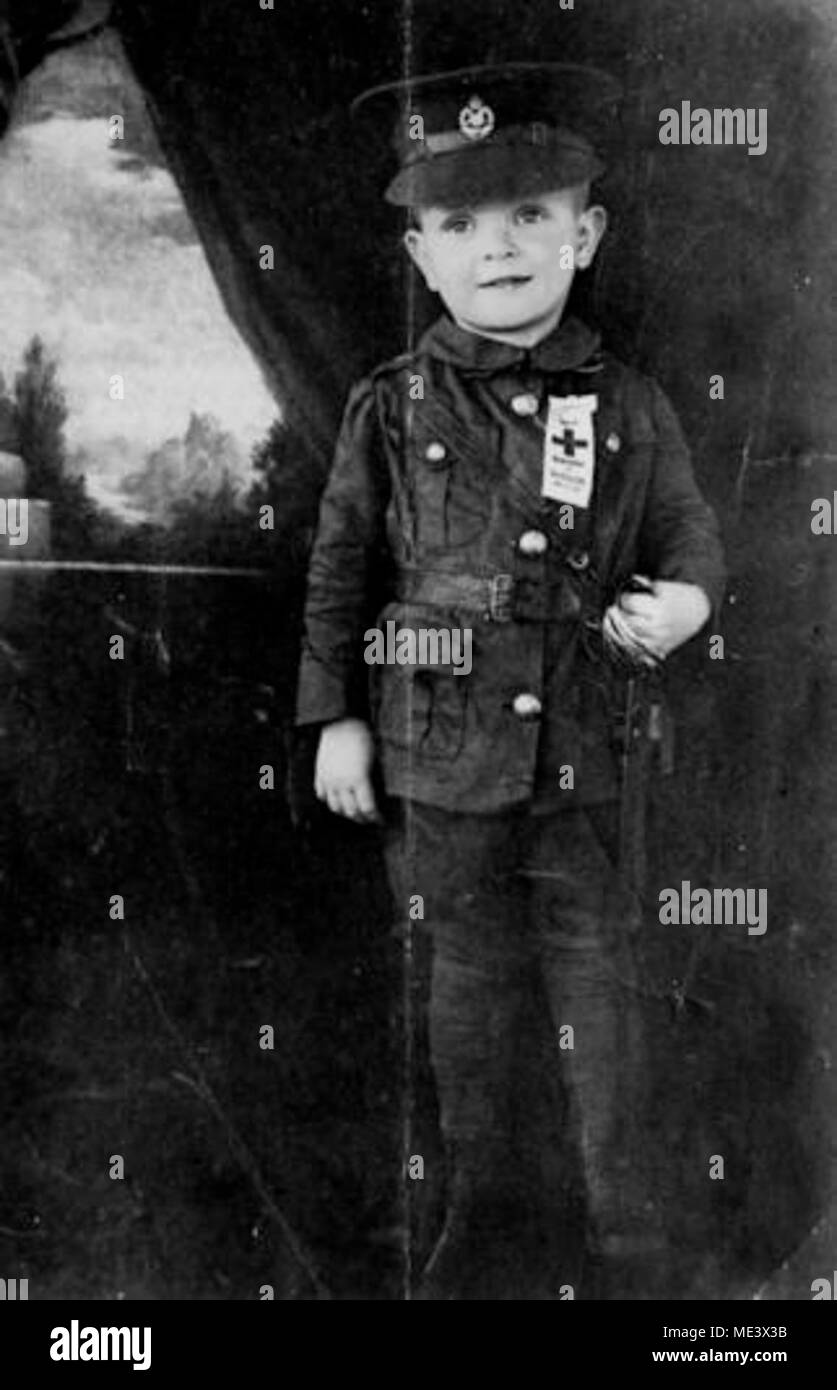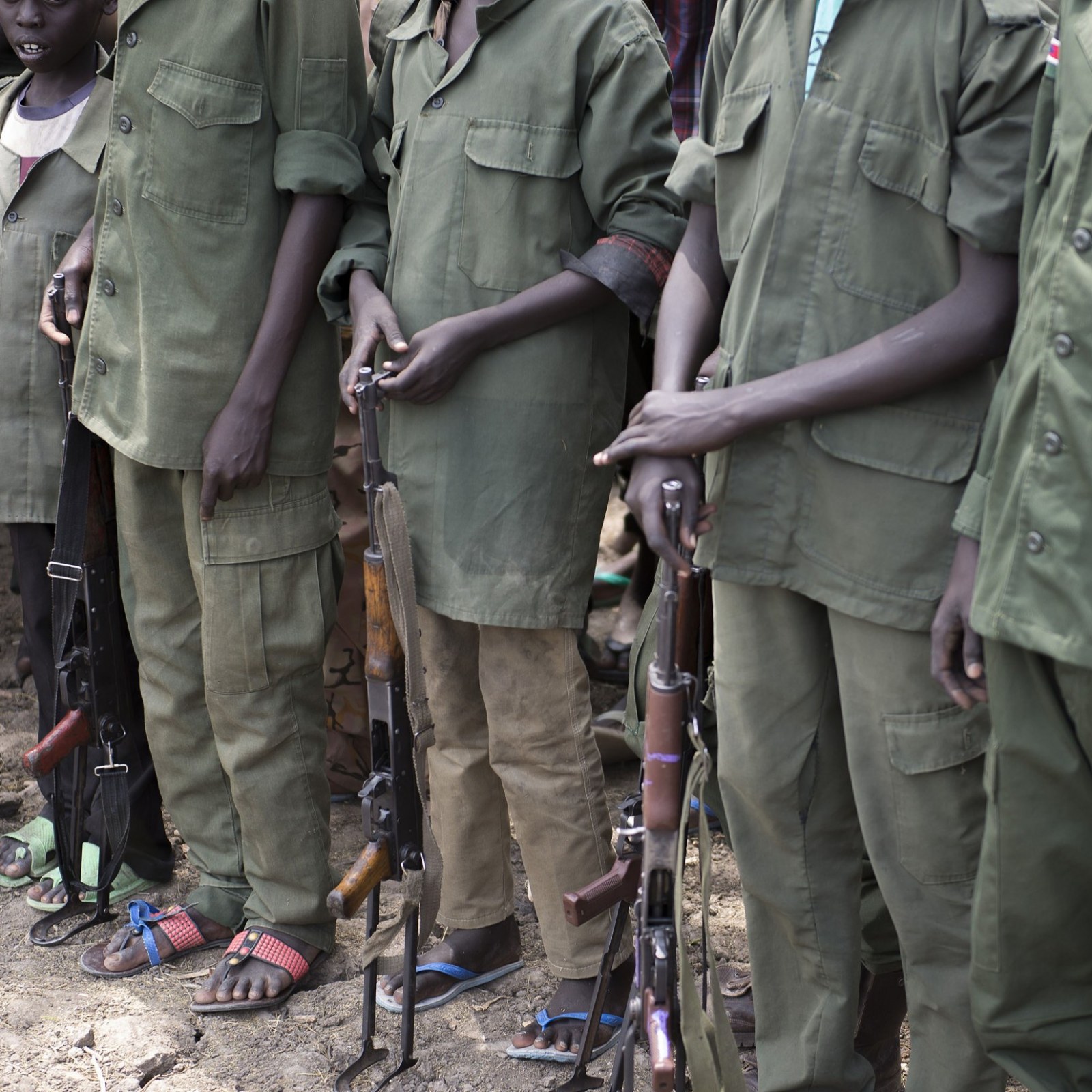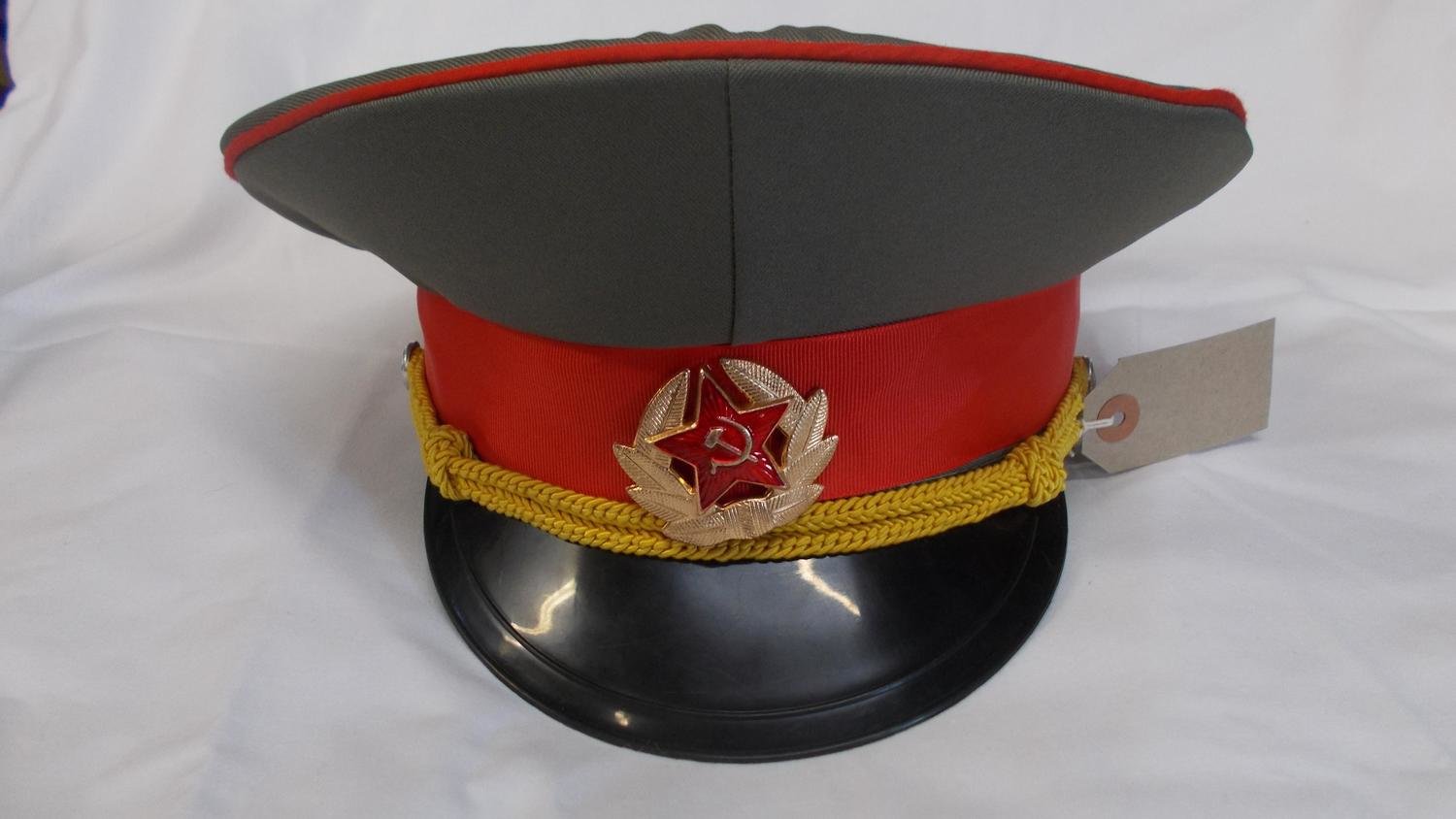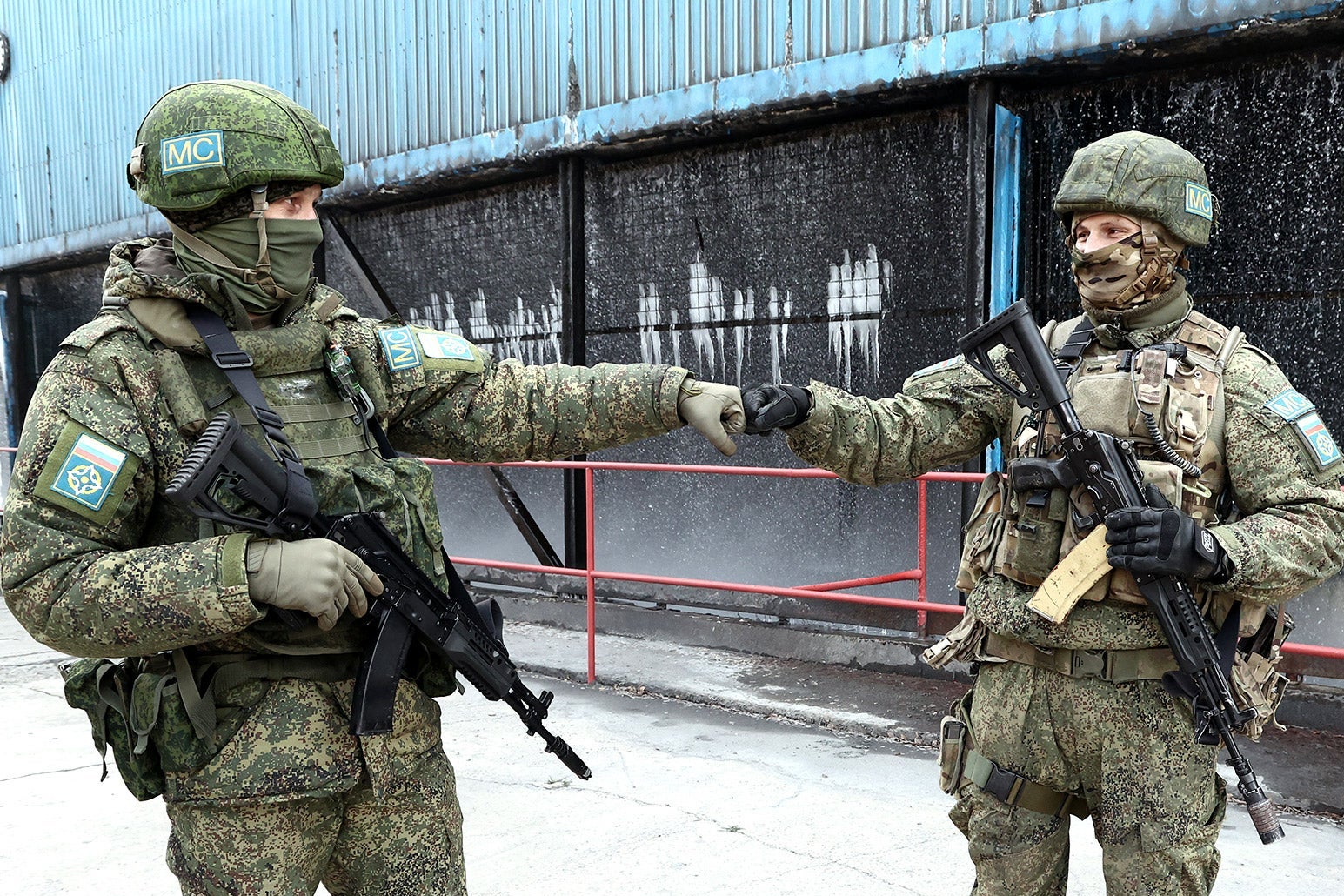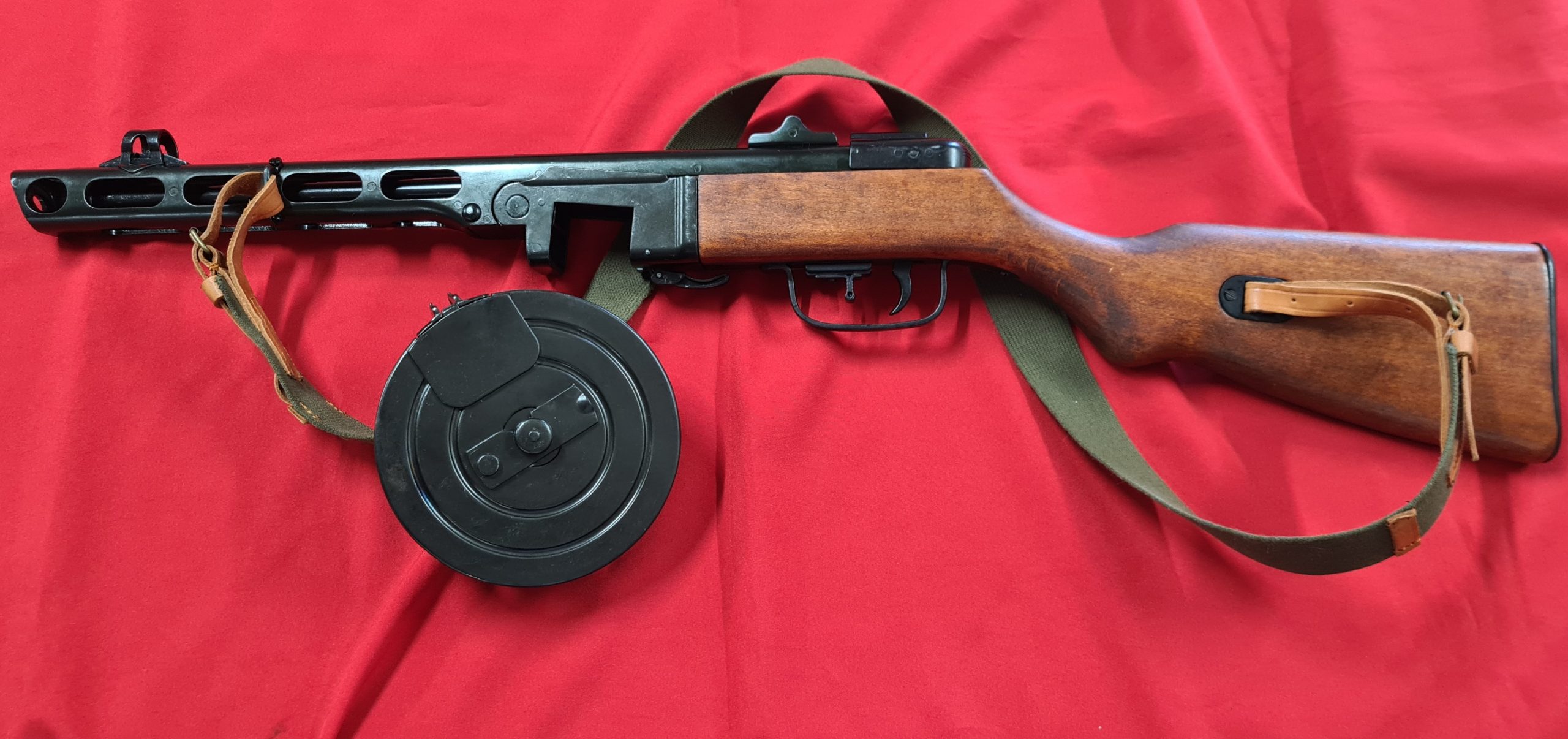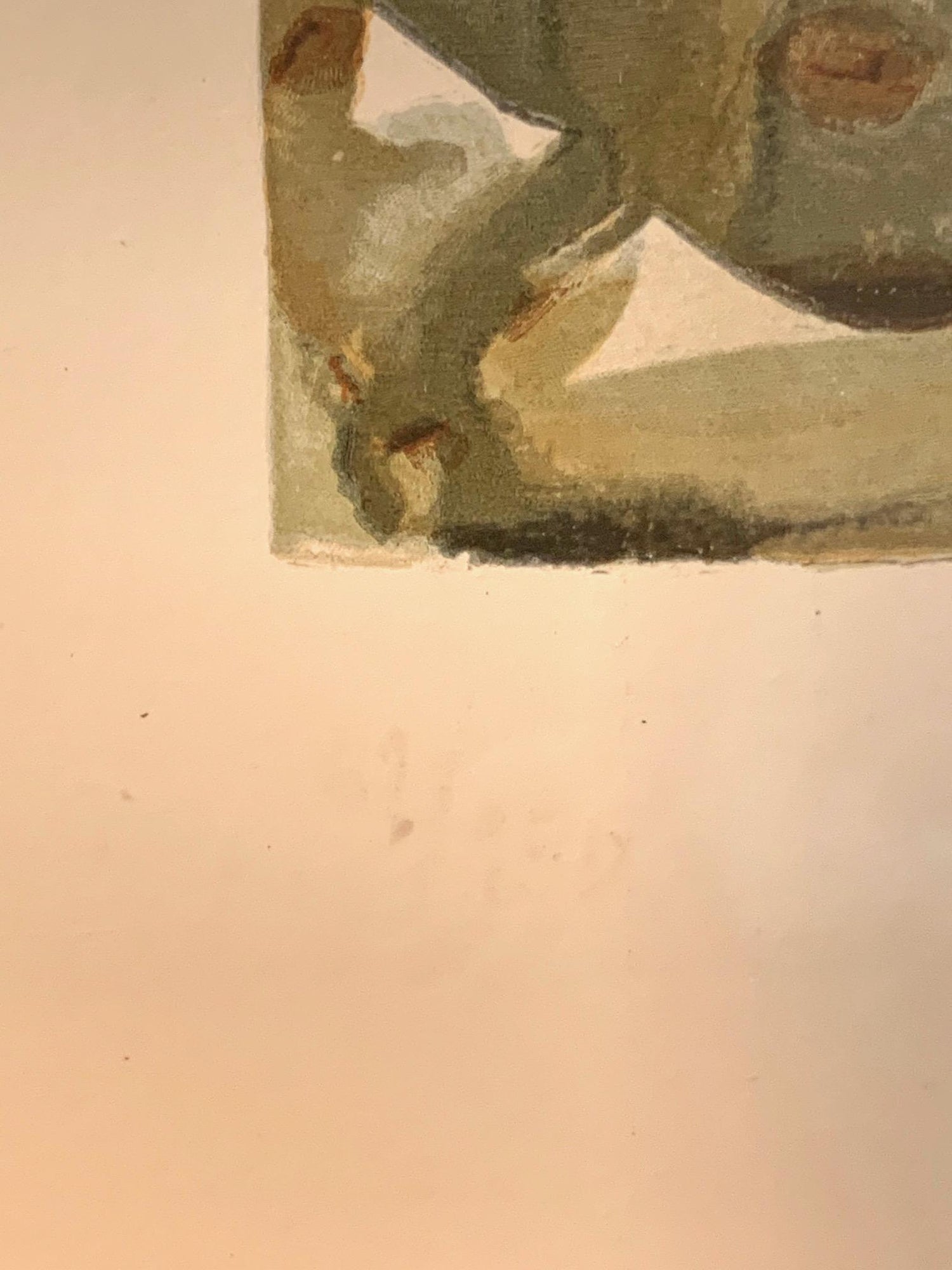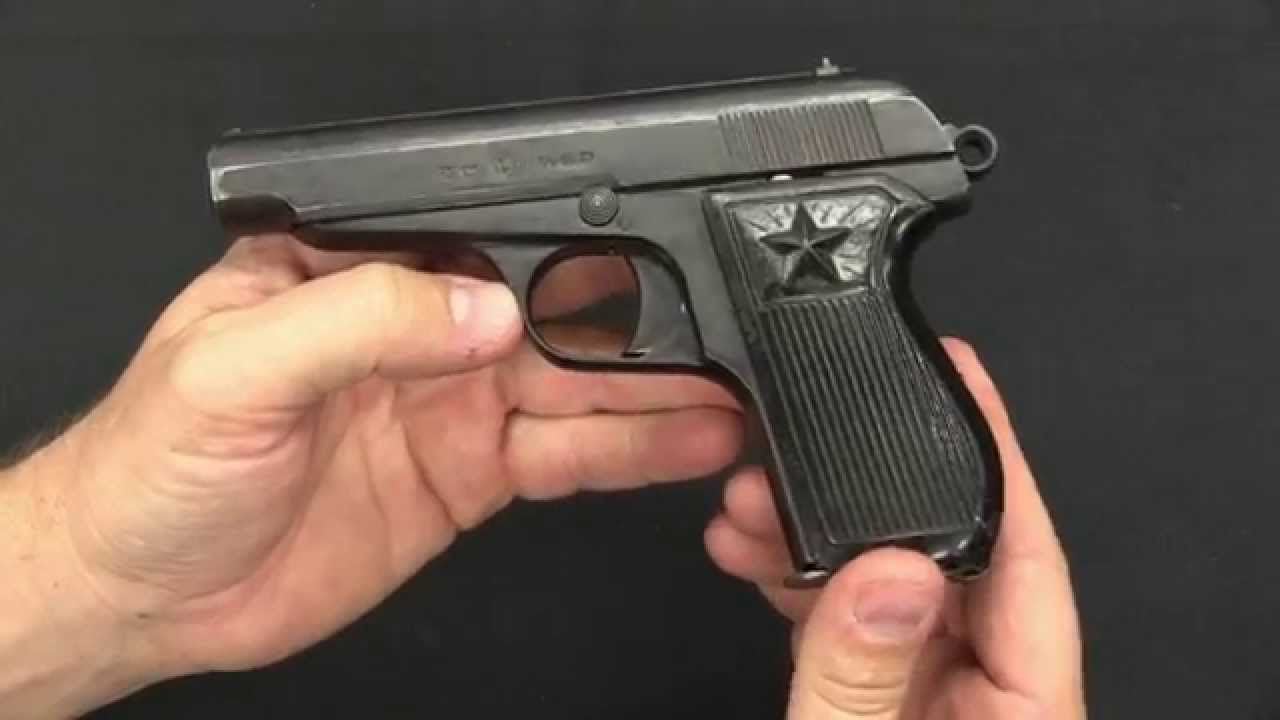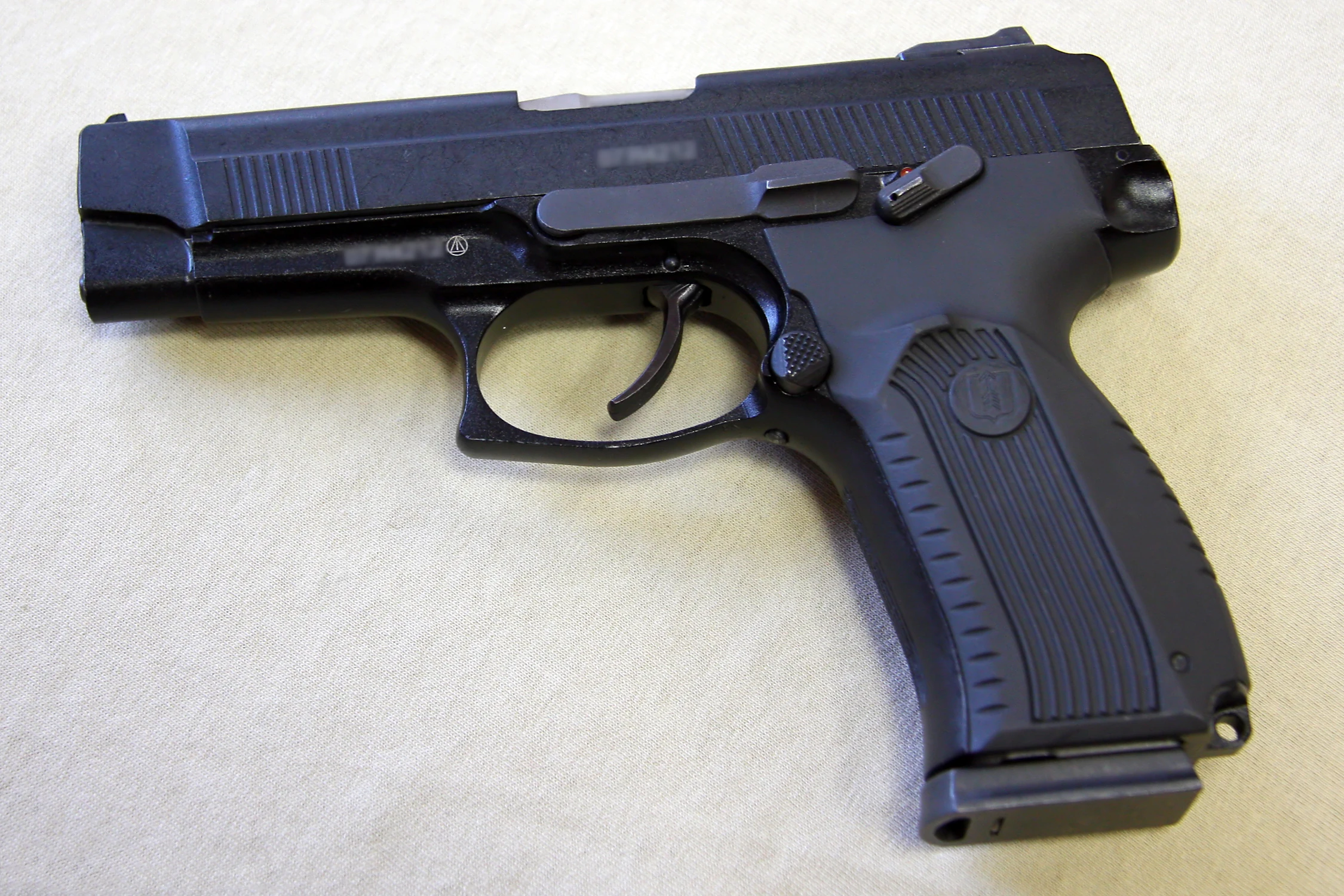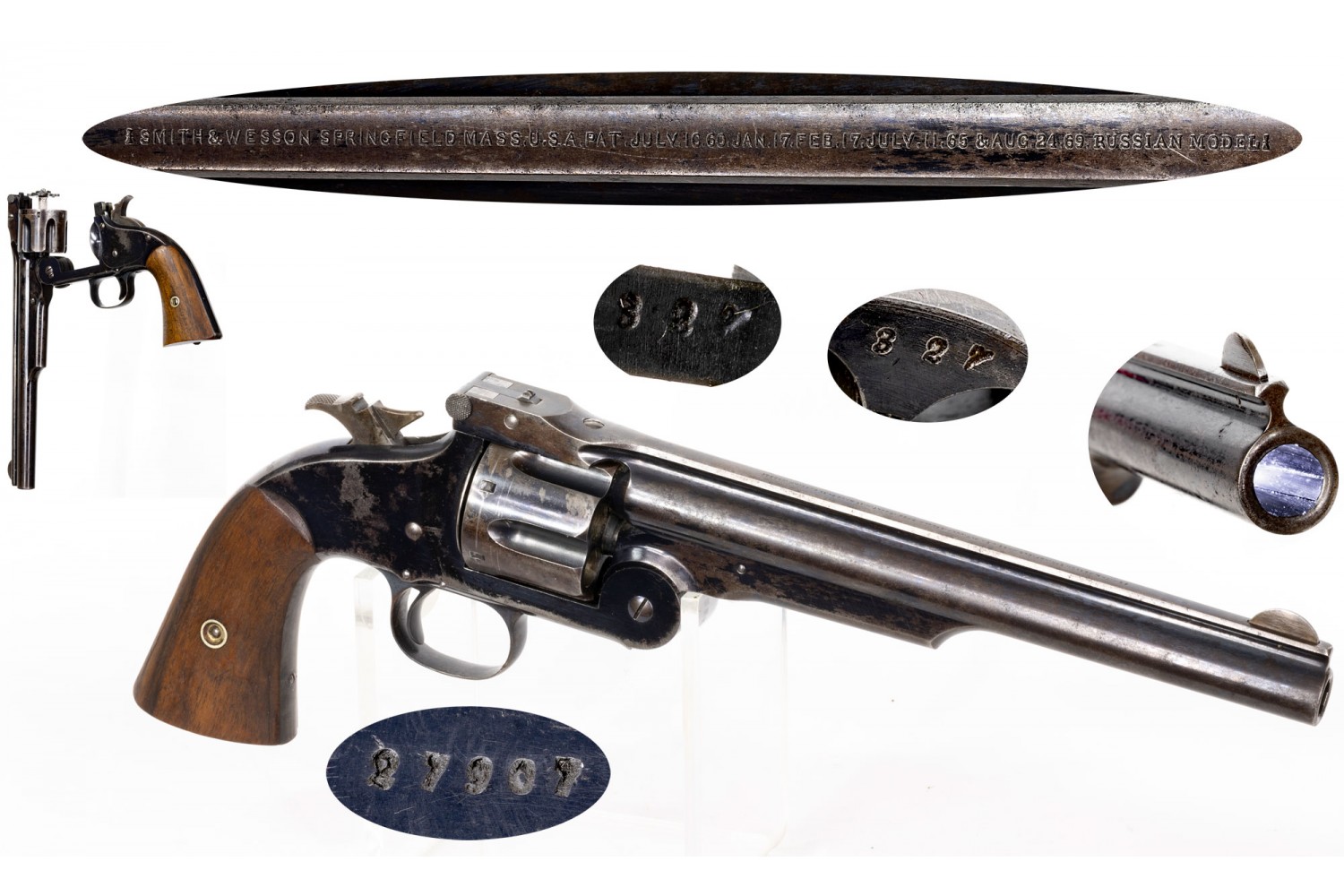Russian Military Haircut - In 2014, Russia tried to bring Ukraine to its knees. Moscow's hopes rested on the old adage that winners are never judged. However, things did not go according to plan. Ukraine resisted and survived.
Russia's failed blitzkrieg is now becoming the Kremlin's worst nightmare. On December 11, the Office of the Prosecutor of the International Criminal Court in The Hague made an important announcement in history. Prosecutors have confirmed that they have found sufficient grounds to launch a legal investigation into war crimes and crimes against humanity committed in Crimea and Donbas since 2014.
Russian Military Haircut

To understand the significance of this ICC decision, we need to look back to the early days of the conflict. When Russian President Vladimir Putin first decided to launch a military war against Ukraine in early 2014, he must have been convinced it would be an easy ride. Ukraine had just gone through a tumultuous revolution. His army was in disarray. The country was out of money and in chaos.
Wwi Christmas Truce Of 1914: When Fighting Paused For The Holiday
Russia's opportunistic leadership acted quickly, seizing Ukraine's Crimean peninsula and sparking conflict in the Donbas region of eastern Ukraine. At first, everything seemed to be going according to the Kremlin's plan. It seemed that the "little war of victory" would soon end in favor of Russia. Then an error occurred. Against all odds, Ukraine fought back and managed to stop the Russian advance.
Not only Ukrainian soldiers, but also the Ukrainian people resisted the Russian invasion in the spring of 2014. Tens of thousands of volunteer fighters took up arms to defend their country. Hundreds of thousands of volunteers have provided them with everything they need, including basic military equipment. Together, they accomplished the impossible task of stopping the Russian invasion.
As the world watches Russia's invasion of Ukraine, UkraineAlert delivers the best information and analysis from the Atlantic Council's experts on Ukraine twice a week straight to your inbox.
Today, the first place is still the same as in September 2014. Crimea and parts of Donbas are still under Russian occupation. But were Crimea and Donbas really the Kremlin's primary war target? Of course not. Moscow wanted to keep all of Ukraine in its exclusive sphere of influence. In this case, the war clearly failed.
Zelensky Says Russia Wants To Use Ceasefire As 'cover' To Halt Ukrainian Advance
Despite more than six years of conflict, Ukraine has not changed the geopolitical path its people chose in 2014. Instead, the country continues to pursue EU and NATO integration policies, with the ultimate goal of becoming a member of both organizations.
Ukraine is not in recession either. Despite losing around 20% of GDP and 25% of the country's industrial capacity due to Russian aggression, Ukraine avoided any mistakes and actually recorded many consecutive years of economic growth before the coronavirus pandemic. Ukraine's main trading partners are now the EU and China, with former ally Russia dropping to fourth place behind China, Germany and Poland.
The toxic nature of Russia's anti-Ukraine propaganda is another indication that Putin did not anticipate a long-term conflict. Bad stories like the famous "crucified boy from Sloyansk" aired on Russian television in the summer of 2014 are propaganda tools that have a powerful impact but have a very short life span.
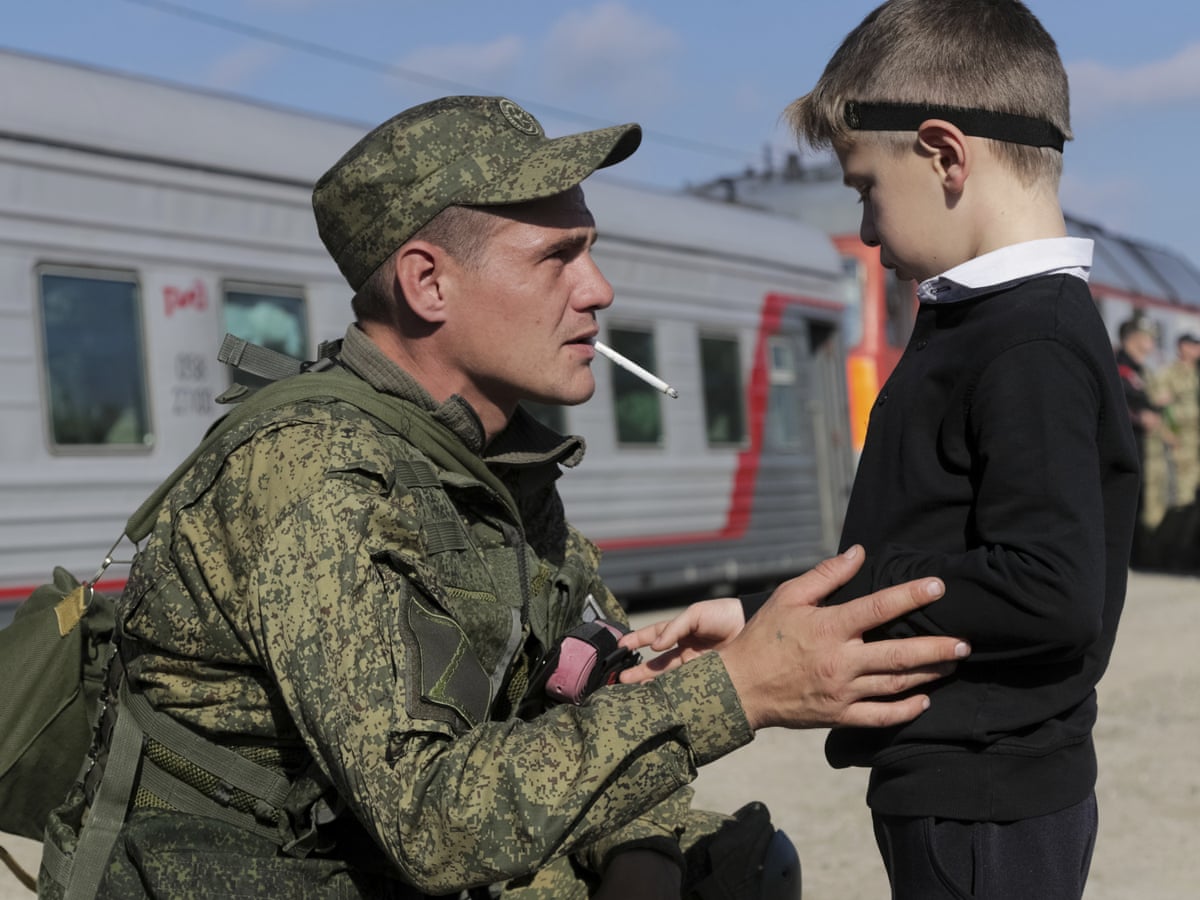
In fact, the whole Kremlin story of "Ukrainian citizens" waging a "civil war" against "Russian speakers" in eastern Ukraine could only serve as a short-term cover. No serious observer believes that a small part of Ukraine can fight alone against the whole country for about seven years without running out of weapons, tanks and soldiers. The only country that still makes such absurd claims is Russia itself.
International Investigation Into Ukraine War Crimes Is Kremlin's Worst Nightmare
While Putin's war is based on short-term tactics, Ukraine's response has been strategic and results-oriented, with the long-term goal of bringing Russia to justice. This approach is now starting to pay off.
The Ukrainian authorities and the country's civil society have demonstrated remarkable cooperation in cooperation with the ICC Prosecutor's Office. Together they wrote and sent to The Hague a lot of evidence of the crimes committed by the victim in the occupied territory of Crimea and in the Donetsk and Lugansk regions of eastern Ukraine. That evidence no doubt helped in the ICC's decision last week.
The fact that Ukraine is fully subject to the authority of the International Criminal Court confirms that it has nothing to hide and is fully committed to the principles of justice and the rule of law in international relations. Ukraine has shown zero tolerance for international crimes and has expressed its readiness to use force against them in all cases, in accordance with the principle of complementarity underlying international criminal justice.
Although Ukraine is fully committed to playing its role in the fight against impunity, most of those responsible for war crimes and crimes against humanity in Ukraine are located in other countries, especially during the aggression. The regrettable, but unsurprising, lack of cooperation of the Russian government in prosecuting these crimes should not deter the international community from seeking justice. Indeed, ICC is well designed for this type of situation. Ukraine depends on the support of all countries in its pursuit of justice.
Court Tells Goth Soldier To Get A Hair Cut
First, it shows that while international justice is slow, it is not inevitable. Take the example of the former Yugoslavia. It took decades, but the perpetrators of war crimes in the Balkan wars of the 1990s were finally brought to justice. Justice will also be available for crimes committed in support of Russia's armed attack against Ukraine, and the perpetrators will be prosecuted internationally.
Second, it shows the price of Russian aggression against Ukraine, not only for the Kremlin leadership, but also for all their representatives and proxies.
As the ICC prosecutor prepares to call for a systematic investigation, war crimes and crimes against humanity are being committed in occupied Crimea and eastern Ukraine. As a conquering power, Russia continues to ignore its commitments. The annual reports of the ICC prosecutor make it clear that this is the only correct legal interpretation of the situation. The ICC Prosecutor also established evidence of direct attacks by Russian regular forces against Ukraine in 2014 and continues to gather evidence of Russian Federation control over armed groups in the Donetsk and Luhansk regions.
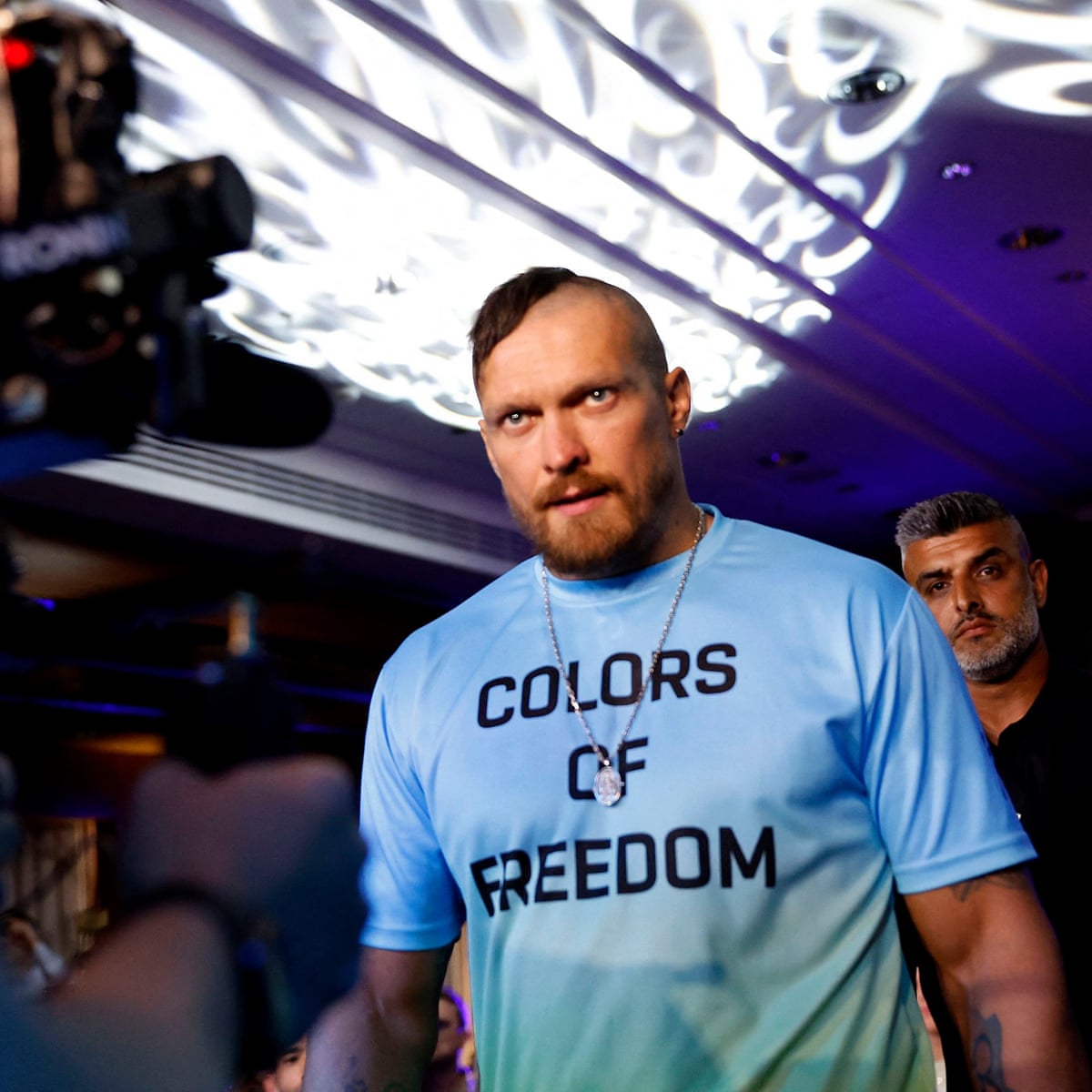
The completion of the first review of the ICC serves as a reminder that national governments and international organizations should continue to call on the Russian Federation to respect international humanitarian law and cooperate fully with the ICC.
The Wwi Look
Ever since the ICC began its operations in 2003, it has struggled to live up to the very high expectations placed on it. The ICC's progress so far has been slow, but the prosecution of war crimes and crimes against humanity committed in support of Russia's war against Ukraine now gives the Court a chance to prove its worth in the interests of justice under international law. ICC should not miss this opportunity. Ukraine is fully committed to developing cooperation with the ICC to fight impunity.
Ukraine is convinced that no lasting peace is possible without taking responsibility for those responsible for serious crimes. The international component of any post-conflict justice is essential to its success because the war in Ukraine is an act of aggression committed by the Russian Federation.
Six years ago, many in Moscow saw the possibility of a "little war of victory" against Ukraine. Those who planned and started this war expected to become heroes. Instead, they can accept the status of international war criminals. Rightly.
UkraineAlert December 7, 2020 We will not allow the old guard to pull Ukraine back By Dmytro Kuleba The old guard wants to return Ukraine to the days when they could withdraw public money with impunity and play Russian politics. We will not allow them to succeed, said Foreign Affairs Minister Dmytro Kuleba.
Chinese National Team Held A Day Of Its National Cuisine At The Competition Masters Of Armored Vehicles In The Voronezh Region
UkraineAlert 22 Nov 2020 How Ukraine's Orange Revolution Shaped 21st Century Geopolitics By Peter Dickinson The 2004 Orange Revolution in Ukraine is often overlooked but deserves significant attention as one of the major political changes of the early 21st century, which set the stage for today's Cold War Climate.
BelarusAlert December 10, 2020 Russia retreats as Soviet collapse continues By Peter Dickinson Russia faced many challenges in its environment in 2020 that highlighted the ineffectiveness of Moscow's imperial style for the post-Soviet world.
The views expressed in UkraineAlert are solely those of the authors and do not necessarily reflect the views of the Atlantic Council, its staff, or its sponsors.
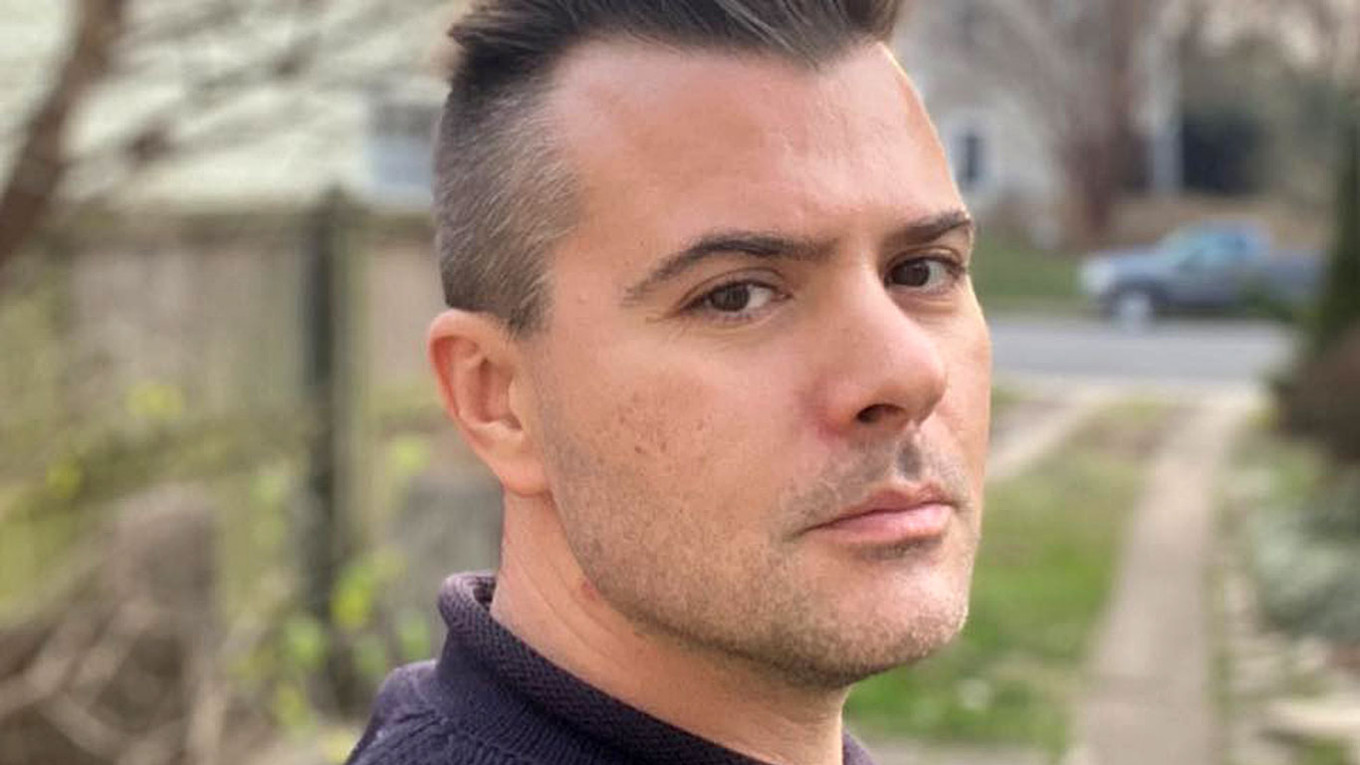
Read more from UkraineAlert UkraineAlert is a comprehensive online publication that provides regular news and analysis on political, economic, social and cultural developments in Ukraine.
Russian Southern Military District Hi Res Stock Photography And Images
The purpose of the Eurasia Center is to strengthen transatlantic cooperation to promote stability, democratic values and prosperity in Eurasia, from Eastern Europe and Turkey in the West to the Caucasus, Russia and Central Asia in the East.
Image: Russian officials pictured in Kyiv in August 2014 after being arrested





